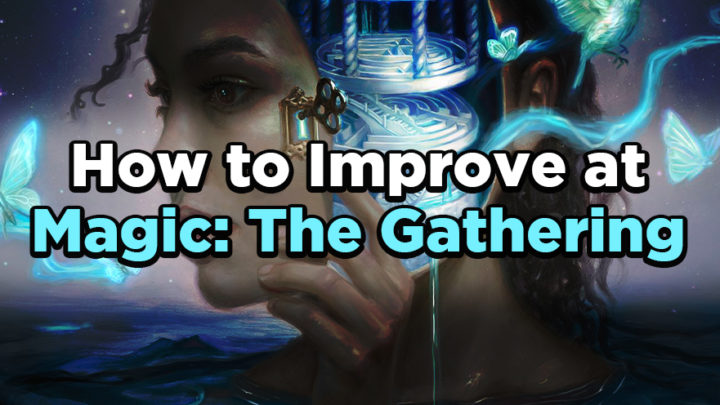We’ve all had a lot more time to ourselves these past few months, and many of us have been taking that time to focus on self-improvement. Maybe you’re trying to cook more often, start exercising, or establish a better daily routine. Or, perhaps, you want to devote more time to your hobbies and develop new skills.
Magic: The Gathering offers ample opportunities to grow and improve, and perhaps you’d like to take this time to sharpen your spellslinging skills. Regardless of how long you’ve been playing or how you choose to engage with the game, there’s always something new to learn in Magic. But there are right and wrong ways to go about improving your game, and even the best players have struggled with aspects of their mental game.
Here are our top five tips for players looking to improve at Magic: The Gathering. This is by no means an exhaustive list, but I hope it gives you a good foundation for improving your game.
Focus on What You Want Most
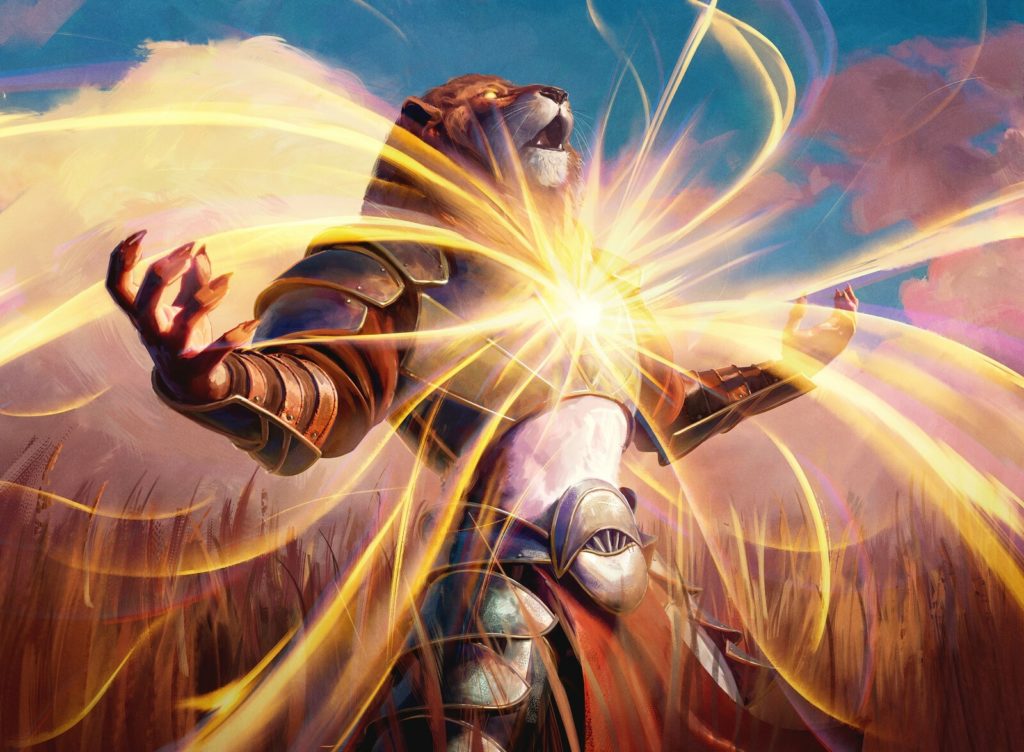
Before you start planning how you’ll improve at Magic, you’ll want to have an honest conversation with yourself to figure out what you want to get better at and why.
- Do you want to win more games of Magic?
- Do you want to build or learn to play a new deck?
- Is there a specific skill you want to improve at, like deck-building, mulligans, or sideboarding?
- Do you want to get better at evaluating metagames and selecting decks for tournaments, or broaden the range of decks you feel comfortable playing?
There are so many skills you could potentially focus on, and if you have limited time and other commitments outside of Magic, you’ll want to start with the ones that have the most meaning to you.
If you’re unsure of where to start, ask yourself what you enjoy most about playing Magic. Hone in on the formats, decks, and styles of play that bring you the most satisfaction, and be honest with yourself if some formats or decks just don’t do it for you. There are so many formats in Magic these days (especially competitive Magic) that you have the freedom to pick and choose.
Develop a Practice Routine
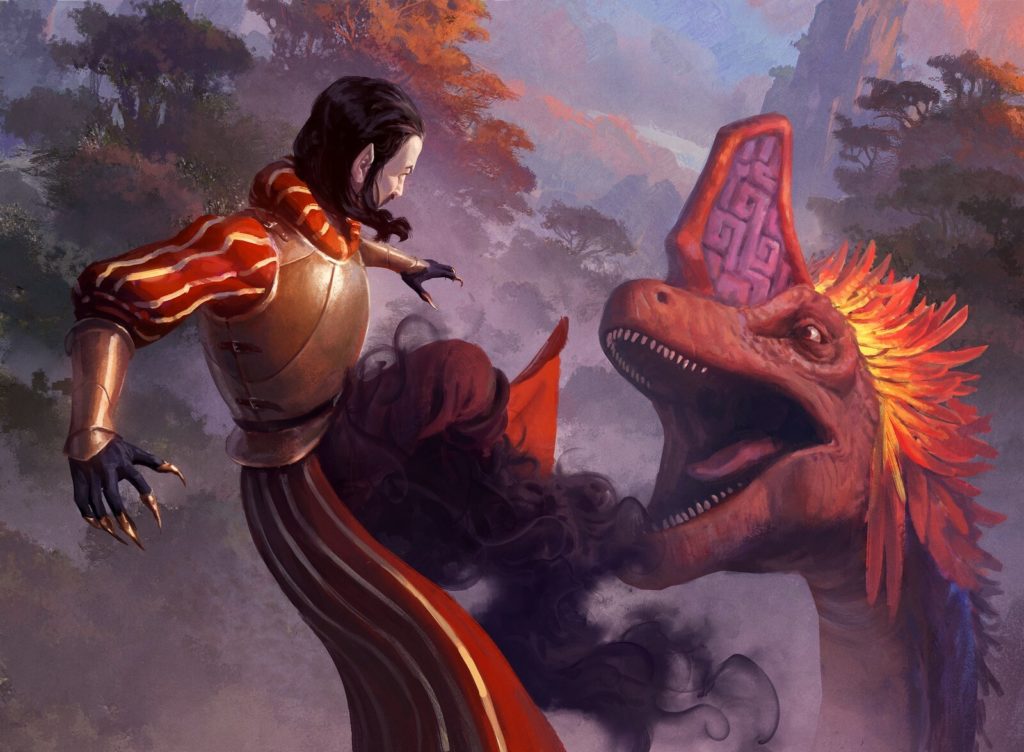
Once you’ve set some good goals for yourself, it’s time to get to work. Many Magic players say they want to be more diligent about practicing, but it takes a concerted effort to create a routine and actually follow through on it.
As you build your routine, be specific about how much time you’d like to spend practicing each week. Set a target for how many hours per week you’d like to spend practicing and build it into your schedule. For example, if you want to spend ten hours per week practicing Standard on MTG Arena, it might work for you to play for two hours every weeknight – or, if your weekdays are especially busy, you could play in five-hour blocks on Saturday and Sunday. No matter what you decide, try to stick to your schedule for at least a month so it becomes a routine.
You’ll also want to ensure you’re creating the best possible practice environment for yourself, especially if you’re focused on improving your results in competitive tournaments. Limit distractions by putting your phone away, closing other windows on your computer, and letting other people in your home know that you’ll be busy. (Listening to music is fine, as long as it doesn’t distract you.) While you’re practicing, remember to keep some water and snacks nearby and take some breaks, especially if you’re planning on playing for more than two hours at a time. In short, treat each practice session like a tournament; you’ll put yourself in the best position to play your best.
Seek Out Like-Minded Players
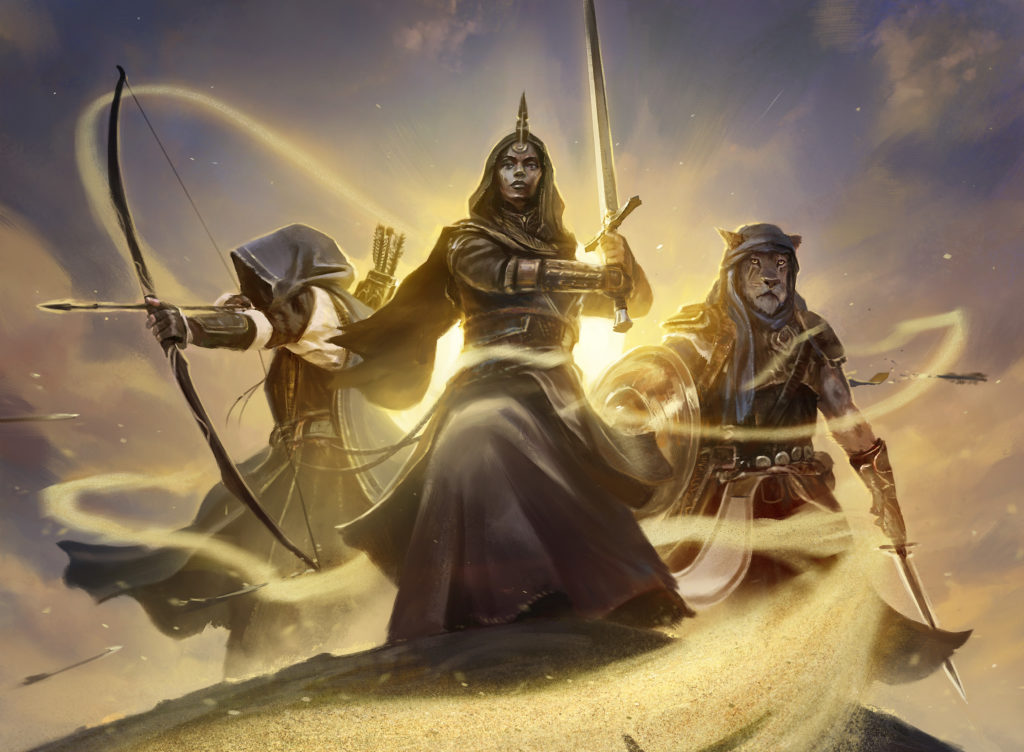
One of the most common pieces of advice Magic players give one another is to seek out the best players and practice with them. You’ll need to continually challenge yourself if you want to improve your game, and players who are better than you will have valuable insights and experiences to share.
But there’s more to building a playgroup than assembling all the best players you know. You’ll want to find a group of trusted players that you can turn to for support, whether you want to go over your sideboard plan before an event or get feedback on a play you made. Ideally, these players will share your goals – they’ll be at or close to your skill level, they’ll play the same formats at the same level that you do, and their ideals and general attitude toward Magic will match yours.
You may find it helpful to find players who enjoy playing the same types of decks that you like. Whether you’re competing at the highest levels or just looking to build your fundamentals, players who know your deck can share ideas for updating it and dealing with difficult cards or match-ups. If your friends don’t share your taste in decks, consider looking for a Discord community or Subreddit devoted to your favorite archetype.
But you should also make an effort to find friends whose style of play and deck-building preferences are different from yours. They can provide a different perspective on the game that you may find valuable, and they make great playtesting partners. If you’re building a playgroup or team of players, try to find at least one player who specializes in each major macro-archetype (aggro, midrange, combo, and control); the skills needed to master each of these styles of play are often transferrable from deck to deck and format to format.
Evaluate Your Progress Regularly
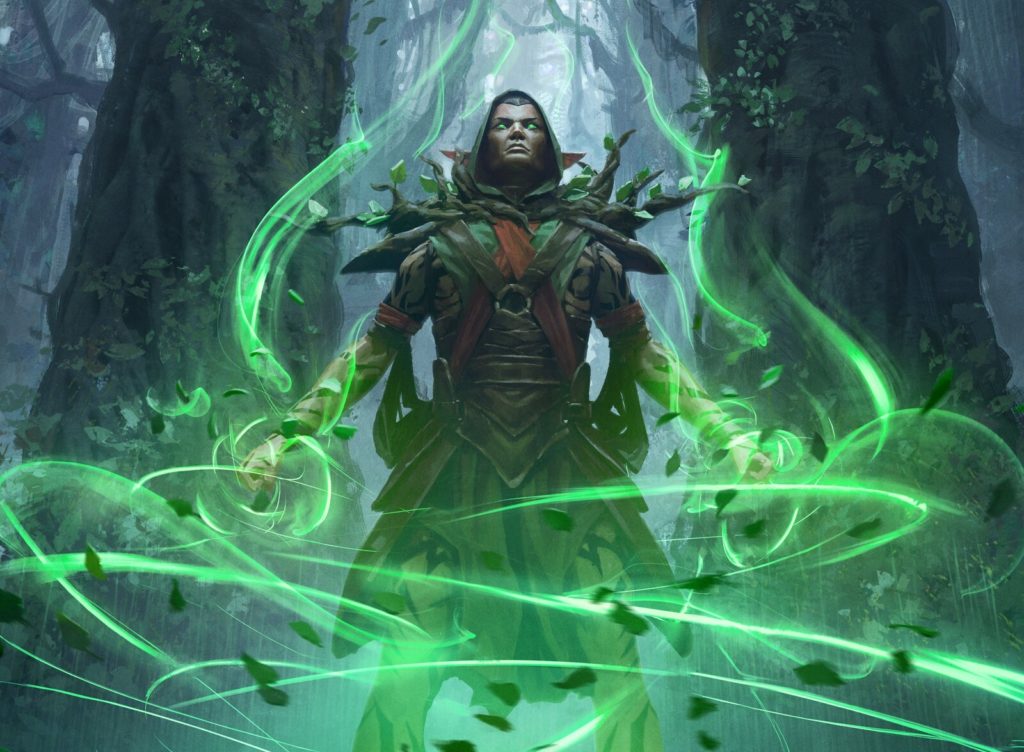
As you practice and begin to improve, be sure to evaluate your progress at regular intervals. Depending on your goals and how often you play, it could make sense to check in with yourself each month (at the end of each MTG Arena season), with each set release (when you receive your MTG Arena stats for the quarter), or whenever you reach a major milestone.
In his article on developing a winning mentality, Michael Rapp shared a simple and effective self-reflection exercise: Identify your biggest strength and your biggest weakness as a Magic player. Then, make a plan to shore up your weakness and play to your strength, and reevaluate again at the next opportunity. This exercise works because it doesn’t encourage you to spend too much time dwelling on your defeats or patting yourself on the back; focus on these two things, adjust your routine accordingly, and move on.
If you want to do a bit more self-reflection, here are some other questions that can be helpful:
- What has been your greatest accomplishment in this last period?
- What’s the most important thing you’ve learned?
- Where have you seen the greatest improvement in your game?
- Have you accomplished your main goal for this period? If so, what do you want to work on next? If not, is it still your main goal, or would it be better to focus on something else?
As you work on evaluating your progress, do your best to ignore any negative thoughts that creep into your mind. Feelings of failure and inadequacy will only harm you and make it harder for you to achieve your goals.
Don’t Forget to Have Fun
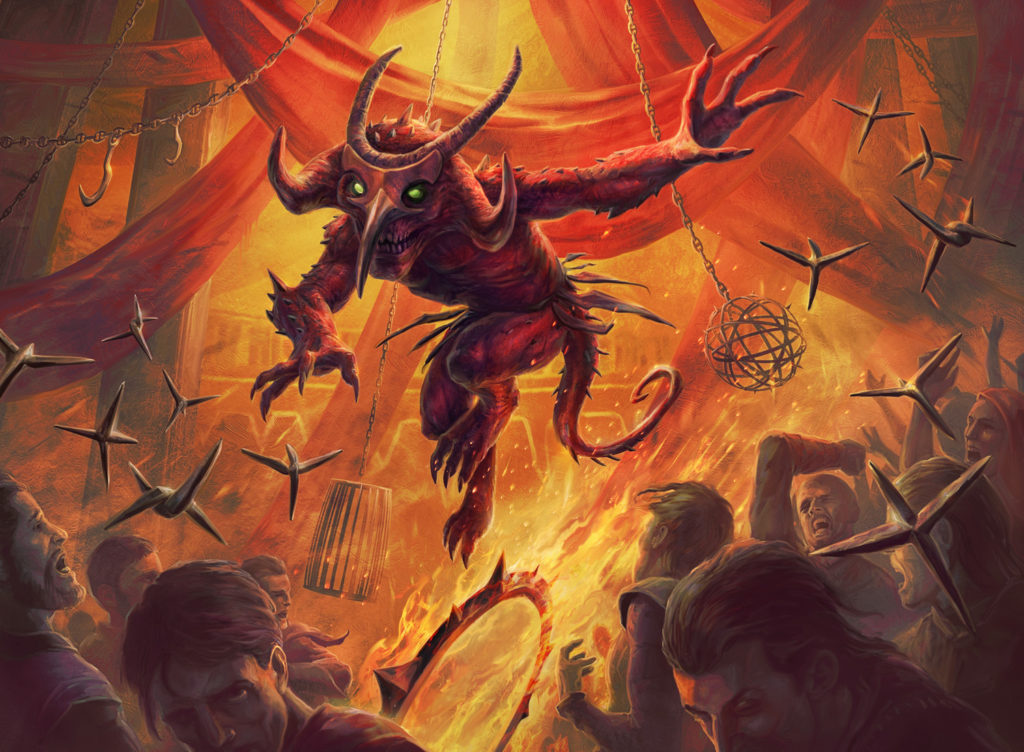
When we put undue pressure on ourselves to achieve our goals, match other people’s accomplishments, or meet external expectations, Magic can start to lose its magic. And if Magic isn’t bringing you joy, you might struggle with burnout. (Read more on the subject here.)
Earlier, we discussed focusing on what you enjoy most about playing Magic, whether it’s a format, deck, or style of play. Sticking to wait you enjoy most will help you maintain a healthy relationship with Magic, but it isn’t a panacea. You could play your favorite deck in your favorite format for weeks in preparation for a tournament and start to feel burnt out because of how much pressure you put on yourself to succeed.
If that’s the case, try doing something to disrupt your routine. Go out of your comfort zone by playing a different deck or format, or by playing Magic with a different group of people. You might even decide that you need a break from Magic – and that’s okay! The important thing is to remind yourself why Magic means so much to you in the first place and return to playing with a healthier attitude.
If you’re looking to level up your game, check out our other strategy articles!

Hallie served as Content Manager for CardKingdom.com and editor-in-chief of the Card Kingdom Blog from 2017-2022. Part tournament grinder, part content creator, Hallie is always looking for ways to improve her game and to share what she learns with others.

